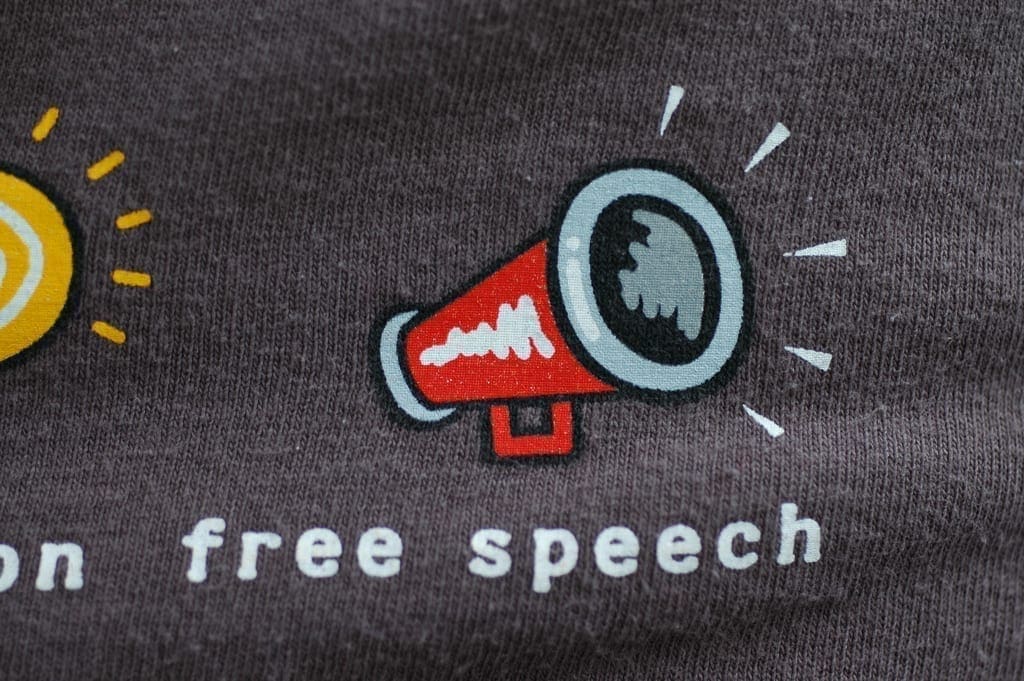The Freedom Forum Institute released a study recently proving what we have all known for quite some time: Americans don’t understand the First Amendment.
Researchers talked to respondents of all age groups and political affiliations to find out whether they knew exactly what freedoms the First Amendment to the U.S. Constitution guarantees. What they found was that a staggering 40 percent of respondents were unable to list any of them.

Others managed to name at least one, with freedom of speech being recalled by 56 percent of those surveyed, followed by freedom of religion, which was mentioned by 13 percent of participants, freedom of the press (13 percent), and right of assembly, (12 percent.)
Only two percent recalled right to petition “the Government for a redress of grievances,” as the amendment states.
Interestingly enough, nine percent of respondents named the right to bear arms, which is guaranteed by the Second Amendment, as one of the freedoms protected under the First Amendment.
Trying to figure out whether Ivy League students would fare better than the respondents of the Freedom Forum Institute survey, Campus Reform went to Columbia University and offered any student who could recall all five freedoms guaranteed by the First Amendment a $20 bill.
Needless to say, nobody took home the prize.
Even at the prestigious Columbia, a student said he had “no idea” when asked to name any of the five freedoms, while another admitted he should go home to read after being able to name just one.
Does Ignorance Brew Fear?
According to the Freedom Forum Institute study, younger and left-leaning respondents were more likely to defend a university’s right to retract the invitation of a speaker who could incite violent behavior or provoke large-scale protests.
As we saw with the experiment run by Campus Reform, it is not far-fetched to believe Americans who are less acquainted with the rights protected by the Constitution may be more likely to try to restrict these rights when applied to people with whom they disagree.
Much like Americans who cannot spot a country on a map are more likely to support a war against it, students who now find themselves fearful of certain speakers because of their political leanings might just not be that well-read. But can that be the only explanation for this phenomenon? Probably not, but it could be a good place to start.
How about teaching our young students more about the Constitution and less about Miley Cyrus for a change?

























